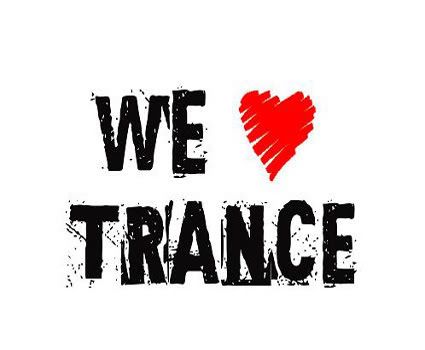
I have always wondered how I grew to love a band or a song that I initially found difficult to understand. My musical taste has been fundamentally changing over the years. I became open to more music genres and curious to explore unknown musical combinations. I think that the understanding of specific musics, just like literature or artwork, blossoms with one’s level of readiness to see the issues being discussed. When I was 12 years old I valued groups like Spice Girls, Backstreet Boys and N’Sync. Gradually, I opened my eyes for new favorite performers and developed a passion for exploring new music. Now I see that my musical preferences represent different periods of my life that can be characterized with peer influences, curiosity, melancholy, etc.
I know that my musical taste has been deeply influenced by my family’s musical preferences. My mother has always had love for Turkish music and belly dancing, and she was the person who introduced me to this music style. My grandparents insisted on my general education in Bulgarian folklore music, which they highly admire. Thanks to my father I became acquainted with contemporary Bulgarian pop songs. For most of my teenage years I was very resistant to all these musical influences because I wanted to be part of my school friend group that listened to popular Western tunes. Sharing the same family values and living space, however, subconsciously helped me to shape a rich musical taste.

Listening to a variety of music genres, I have noticed that the themes being addressed in them are very similar. One will always encounter songs devoted to the power of love, passion, loneliness, memories and beauty. Each performance is telling a story that allows me to be active in reinterpreting it. When I hear a song I can imagine the rhythm as approaching steps, the vocal as a tender whisper and the instruments as a background scenery. The issues discussed in the songs, however, can also differ depending on the audience. For example, an old Bulgarian folklore song can be about the sacredness of love during the Bulgarian slavery under the Ottoman Empire. In soul music I have often come across the idea of humble sorrow caused by poverty in the African-American community. Jazz music is mostly instrumental but its warm sounding and blues dancing can be again related to romance and love. Well-known pop music addresses issues like friendship, sex and happiness. Electronic music tends to challenge established authority and demonstrates independence and freedom. As a whole, I see many of the same themes repeat in various music genres because their purposes often overlap to offer people comfort, hope and thrills.




